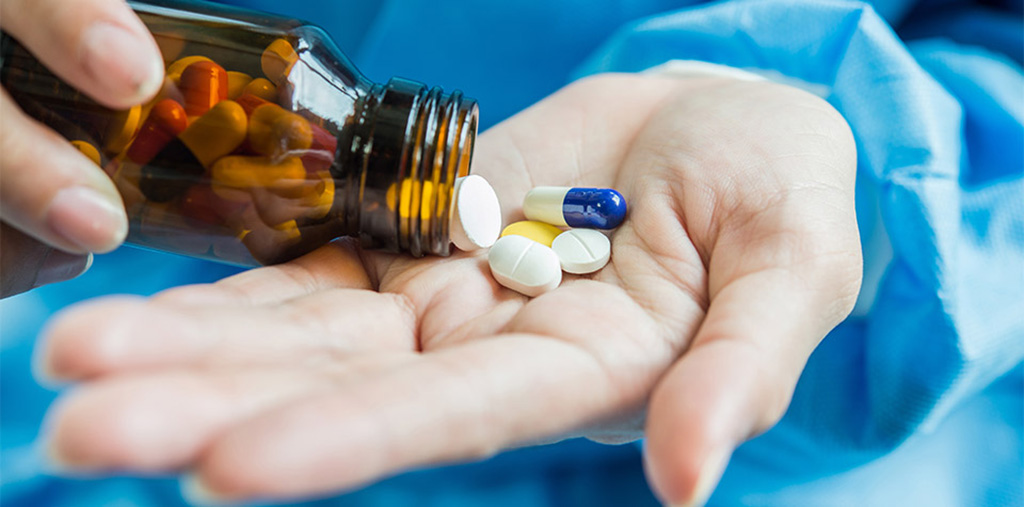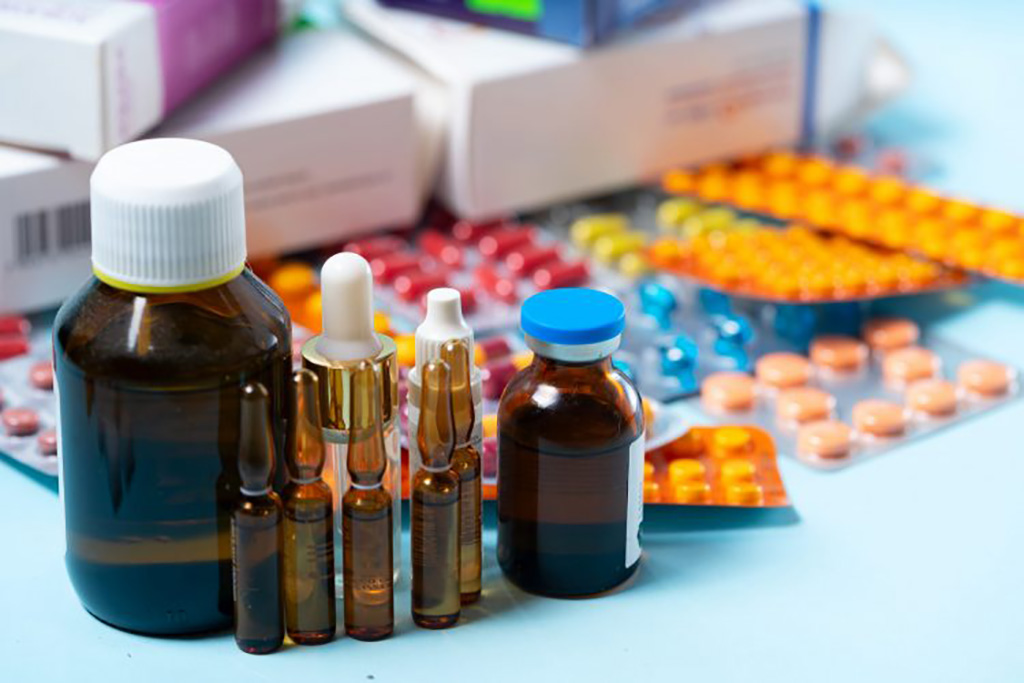
Pharmaceutical Quality System (PQS)
14 December, 2022
Transfer Of Analytical Methods Between Two Units And Laboratories
5 January, 2023An orphan drug designation is a status delivered by FDA (US) or EMA (Europe) for pharmaceutical drug that has been developed specifically to treat an ultra-rare disease (affecting less than 200,000 patients in the United States and/or 500,000 patients in the European Union).
What does it mean to be granted orphan drug designation?
Orphan drug designation provides many potential benefits to pharmaceutical companies developing drugs for the treatment of rare diseases or conditions (defined as those affecting fewer than 200,000 people in the United States). The process is initiated by an interested party (for example, a patient group) requesting that the U.S. Food and Drug Administration (FDA) grant the drug candidate orphan drug designation. The FDA will then determine whether the regulatory criteria are met and if so, grant orphan drug designation.
Orphan Drug designation in Europe follows similar pathways.
Initially, the drug is assessed by the EMA through its scientific advice procedure to determine whether or not it fulfills the criteria for orphan designation.
If the drug candidate qualifies for the designation, it may be granted orphan drug designation which can provide some financial incentives to companies conducting clinical trials involving these medicinal products. Regulatory incentives are available in both the United States and Europe including fee waivers on application fees, certain tax credits (up to 50% in some cases), seven years of market exclusivity and an exemption from certain parts of the prescription drug user fee act (PDUFA).

In addition to these potential financial incentives, orphan designation also provides companies with access to EMA and FDA grants, along with further research opportunities such as protocol assistance.
The benefits of orphan drug designation include:
- The potential for 7 years of market exclusivity in the United States following approval, or exemption from the application user fee if this is not needed;
- An exemption from FDA importation rules;
- Access to federal grants and tax credits for clinical research costs;
- The possibility of accelerated approval;
- Fee waivers, depending on the nature of the drug.
If a sponsor is granted orphan drug status for one indication/use, he may also apply for the same drug for a different rare disease or condition as long as the second indication/use does not “overlap” with the first. In other words, if he is granted orphan drug designation for one rare disease or condition, he may not market this product for an overlapping use in either the same rare disease or a different debilitating but related rare disease or condition.
For example, if a company receives orphan drug designation for the treatment of acute lymphoblastic leukemia (a rare disease), it may also apply for such designation to treat another form of cancer (such as metastatic renal cell carcinoma). However, that same product could not be used in treating any other kind of cancer or in treating any other rare disease, such as bladder cancer.
What is the difference between orphan drug designation and approval?
Orphan drug designation provides a framework to assist and encourage the development of drugs for rare diseases, whereas market approval provides an authorization to market a product. Market approval is required before a company can put a new drug on the market. The European Medicines Agency or FDA review a marketing application submitted by a sponsor and authorize commercial sale following positive scientific opinion.
In addition, a sponsor may apply for a different indication/use of the same drug after the initial designation is granted. Orphan designation does not preclude a company from seeking approval for other uses/indications of the same drug at any time thereafter.

Why would a company want to pursue orphan drug status?
A prime motivation behind requesting orphan drug status is to obtain market exclusivity. In some cases, orphan drug designation can reduce the amount of time and money that a company has to spend on clinical trials as well as provide other financial incentives such as federal grants and tax credits.
How much is an orphan drug designation worth?
The financial benefits of orphan drug status can be significant. The period of market exclusivity for a designated drug varies depending on the designation and the disease involved, but it generally extends beyond patent protection. In addition, FDA waives application user fees on applications by sponsors that have been granted orphan drug designation.
In addition, orphan drugs may qualify for certain federal grants and tax credits, which can offset development costs. Unlike patents, orphan drug designation does not provide any market exclusivity in the countries of the European Union (EU) or elsewhere.

Orphan drugs in Europe
Orphan drugs are a special category of medicines that are used to treat very rare diseases. In Europe, a disease is considered rare if it affects fewer than 1 in 2,000 people.
There are around 6,000 known rare diseases, and it is estimated that they affect between 6 and 8 percent of the population. Many of these diseases are life-threatening or disabling, and there is often no cure.
Orphan drugs are an important part of the European Union’s (EU) strategy to improve care for people with rare diseases. The EU Orphan Regulation provides a framework to encourage companies to develop orphan drugs and make them available to patients. It also ensures that orphan drugs receive a higher level of scientific and regulatory support during development, and gives them 10 years of market exclusivity once they are approved.
The number of orphan drugs being developed and approved in Europe has increased steadily in recent years. In 2021, there were 112 new orphan drug designations (up from 24 in 2013) and 33 new orphan drug approvals (up from 17 in 2013).
Orphan drugs can be an important treatment option for patients with rare diseases. However, they are often very expensive, and it can be difficult to get reimbursement from health insurance providers. In some cases, patients may need to pay for orphan drugs themselves.
If you have a rare disease, or know someone who does, you can find out more about orphan drugs on the European Commission’s website.
Reference: blue-reg.com



